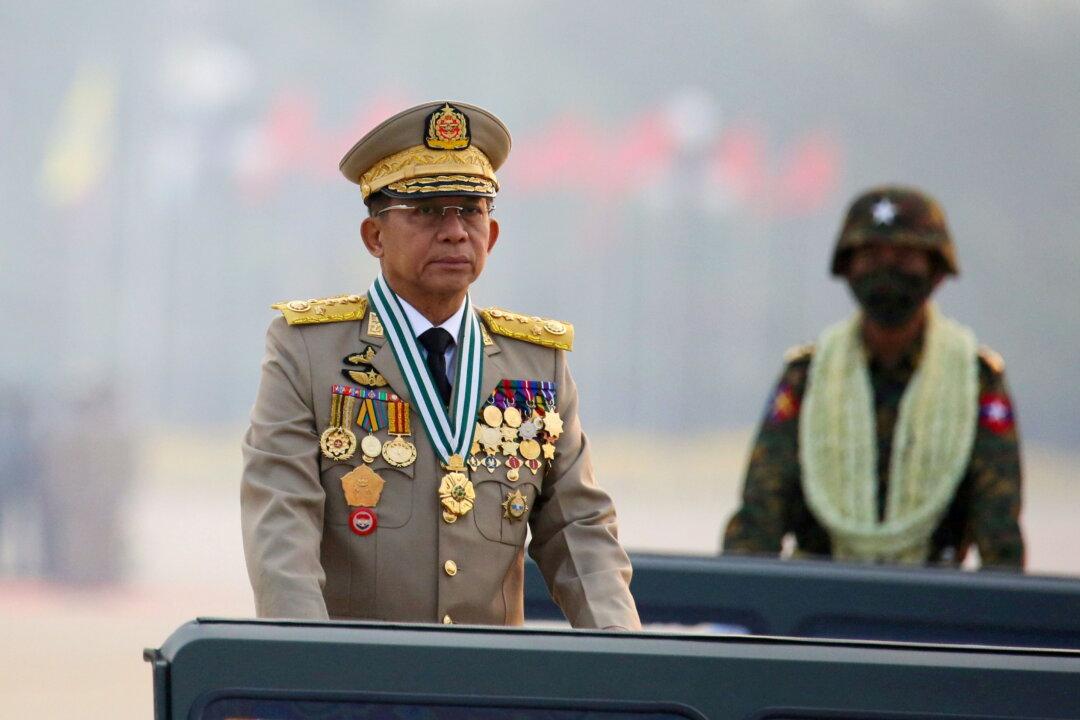Thailand hosted an informal meeting among neighboring countries on June 19 to discuss with Burmese officials the cessation of violence in the military-ruled country, despite opposition from key members of the Association of Southeast Asian Nations (ASEAN).
The meeting involved high-level representatives from Laos, Cambodia, India, China, Brunei, Vietnam, and Burma—also known as Myanmar—according to Thailand’s Ministry of Foreign Affairs. This was the third informal dialogue hosted by Thailand.





